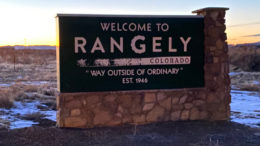Colorado judicial branch committee finalizing proposed rule on suppression of criminal court records
A long-awaited proposed new rule on the sealing and suppression of criminal court records could be ready in January and a public hearing likely will follow, the chief justice of the Colorado Supreme Court told state lawmakers.










